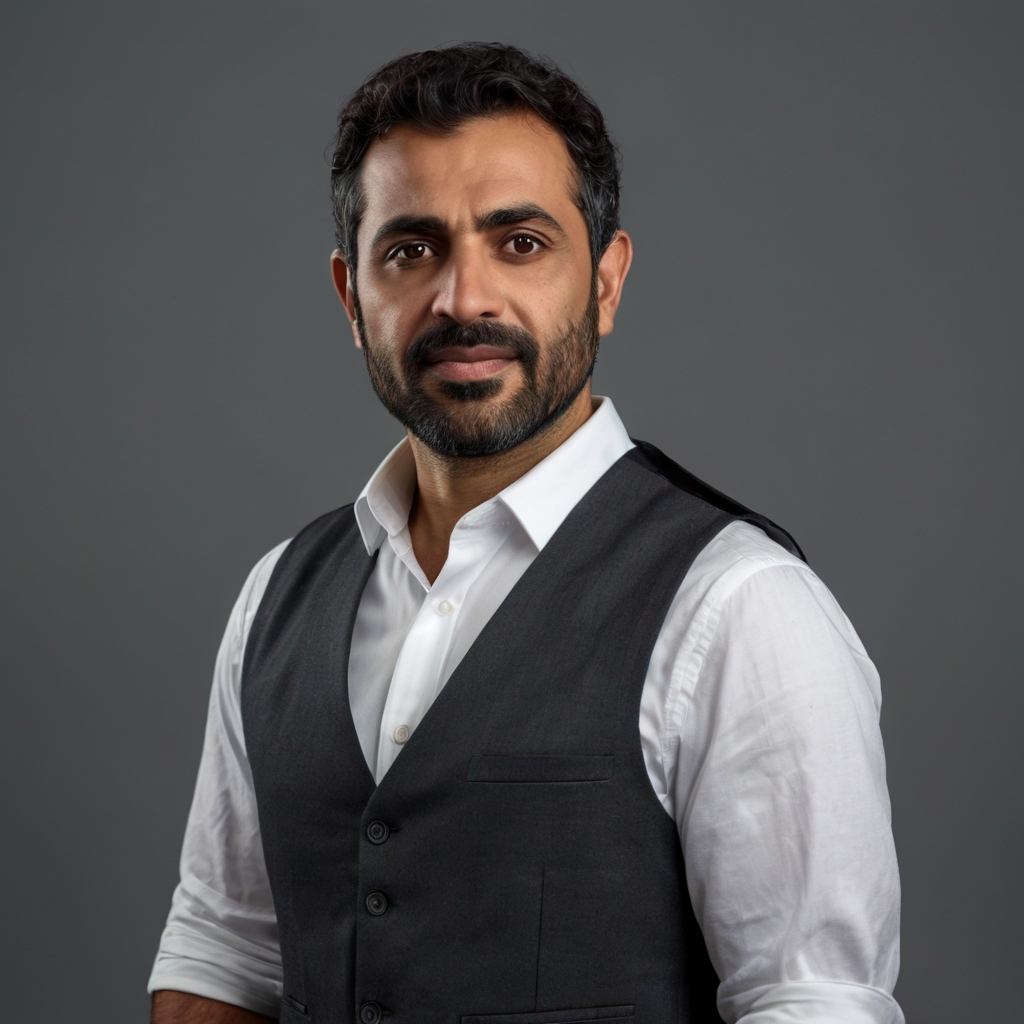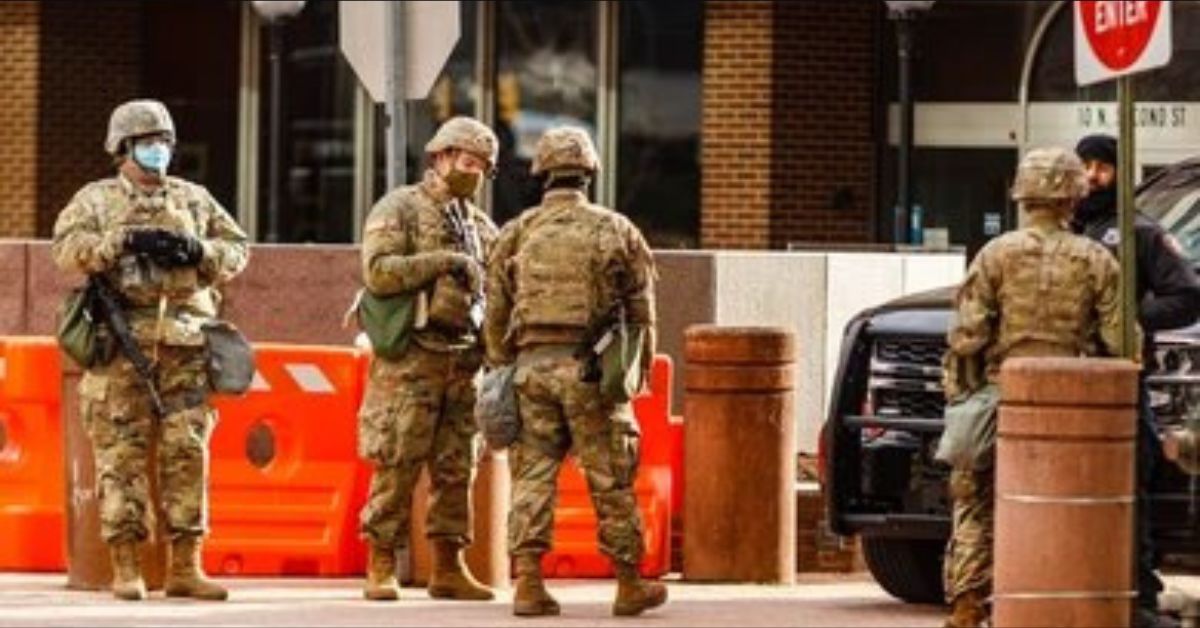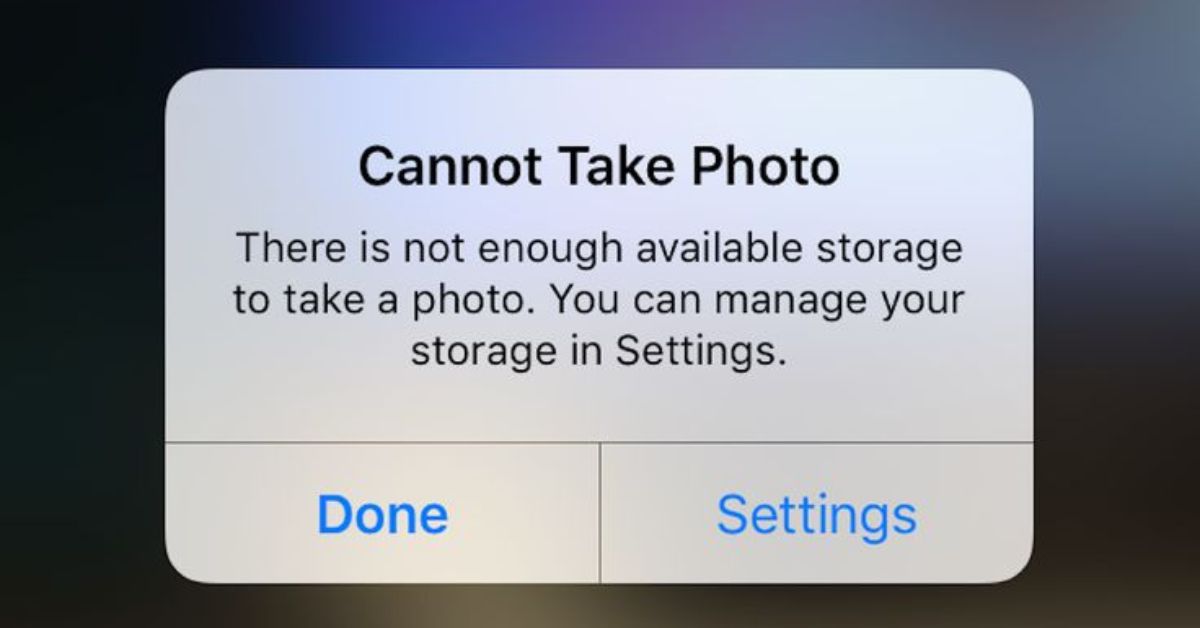WASHINGTON, D.C. — The Pentagon is gearing up to deploy thousands of National Guard troops in Washington, D.C., and Chicago to manage potential protests or unrest tied to President Donald Trump’s scheduled events in September 2025, according to a Washington Post report published Sunday, August 24, 2025. The move, part of a broader strategy to ensure public safety, follows Trump’s recent use of federalized troops in cities like Los Angeles and D.C. amid immigration crackdowns and crime concerns.
In Chicago, planning has been underway for weeks, with officials considering mobilizing at least a few thousand National Guard members as early as September, aligning with Trump’s planned appearances. The operation mirrors a June deployment in Los Angeles, where 4,000 California National Guard troops and 700 Marines were sent despite local objections. “Chicago’s a mess. You have an incompetent mayor,” Trump remarked Friday, signaling the city as a key target for his law-and-order agenda.
Chicago Mayor Brandon Johnson criticized the plan, stating, “We have grave concerns about the impact of any unlawful deployment of National Guard troops to the City of Chicago.” Illinois Governor JB Pritzker echoed this, accusing Trump of aiming to “create chaos.” In D.C., where 800 National Guard troops are already active, the Pentagon is preparing to bolster forces to secure federal property and assist law enforcement during Trump’s events.
The deployments, authorized under federal law, have sparked legal and ethical debates. Critics, including the ACLU, warn of an “authoritarian power grab,” citing the 1878 Posse Comitatus Act limiting military involvement in domestic law enforcement. Pentagon officials defend the plans, stating they are routine preparations to protect federal assets. As Trump’s campaign events approach, the presence of troops in major cities underscores rising tensions over his policies and their impact on local governance.
Source: Washington Post
Author
-

Tyler Grayson brings global events to your screen with clarity, depth, and context. With a background in political science and international relations, Tyler covers diplomacy, global conflicts, climate issues, and major policy shifts with a balanced, facts-first approach. His reporting connects the dots between headlines and their real-world impact.







